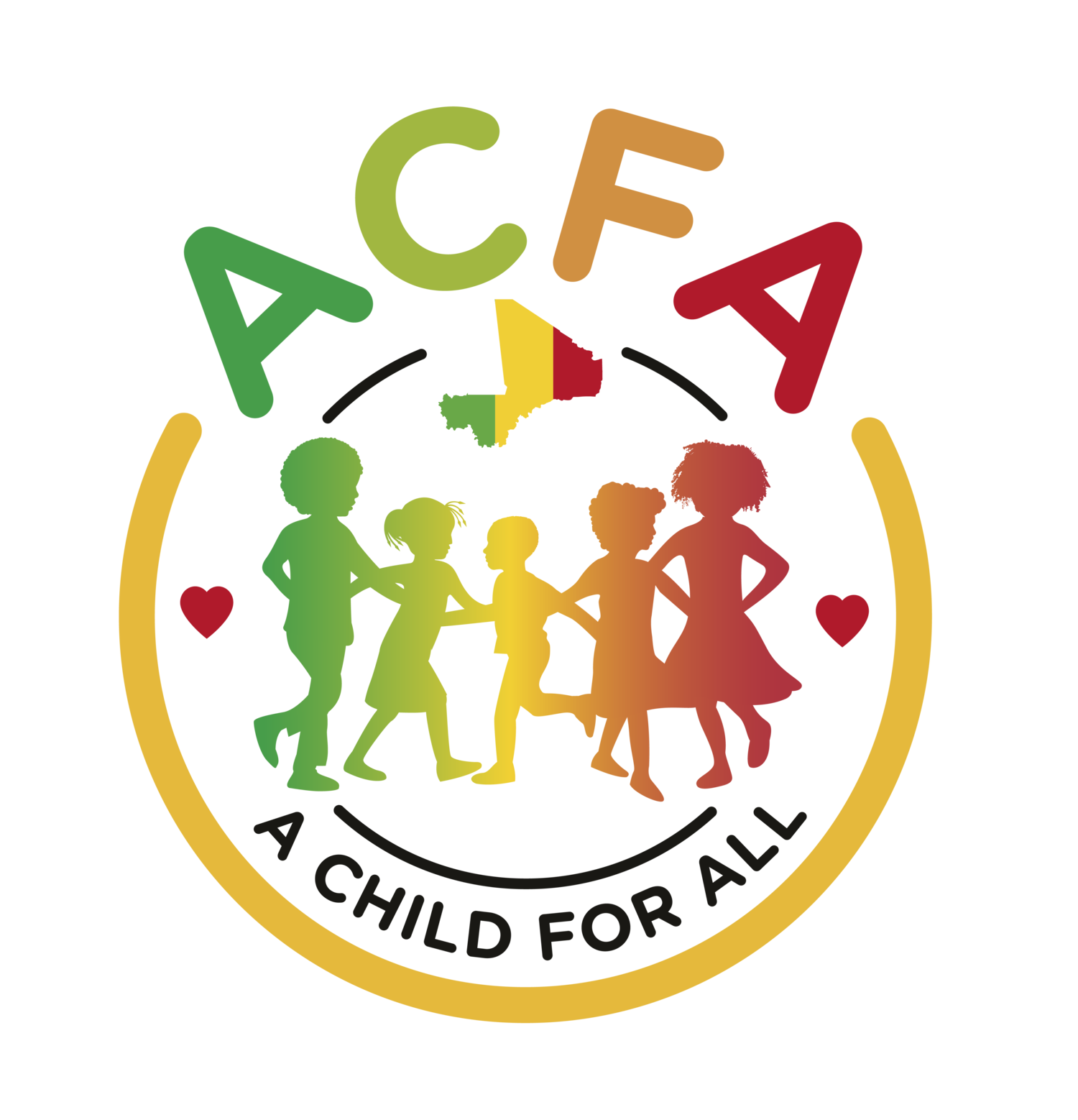ACFA – Preparing for the Future
Over 14 years into the opening of A Child for All (ACFA), we are seeing our first group of children begin to leave ACFA’s program and enter adulthood. Most of the older children entered ACFA’s program between the ages of 5-7 and the plan was for them to stay with ACFA until they were ready to be on their own– there is not a “cutoff age” of leaving the ACFA home. Most of these children were found on the streets of Mali in dire need, with no stable food source or education. Besides food and education, ACFA helps secure birth certificates, offers sports, opportunities (taekwondo, basketball, fencing, volleyball, etc.), vocational training and more. Today ACFA takes vulnerable children as young as three years old and the program has expanded to include learning about agriculture and indigenous plants and trees as well as caring for sheep. Older children have the opportunity to take additional extracurricular classes, with a few older children taking classes in math, physics, and chemistry. ACFA gives all its children a stable family, with the support needed to become productive adults now and for the rest of their lives, with the ultimate goal to contribute to a stable Mali.
For background, in Mali, to enter high school, children must pass a national exam with a 50% pass rate or above; 10/11 of ACFA’s older children have passed this exam, well above the national average. Some of the children decided to pursue vocational careers and one of our older boys, Fousseyni, successfully graduated from culinary school and is now working and saving money to move out of ACFA on his own – in the meantime, ACFA staff are teaching him basic money management and financial literacy. Another ACFA success story is Koro, a teen who has returned to her family, but shows great promise in tailoring, so ACFA continues to support her education for a career in tailoring. Other students are preparing to enter career-specific or vocational/technical training courses.
No matter the path ACFA children pursue, they are and will always be part of the ACFA family.
